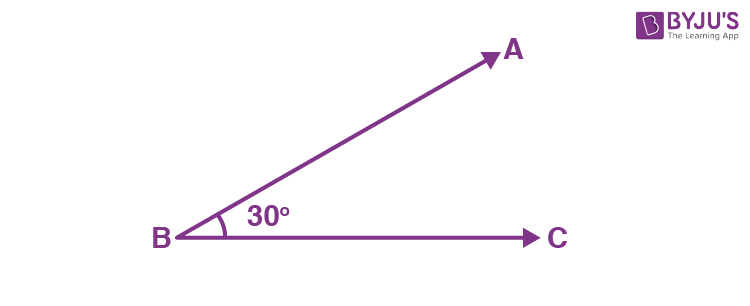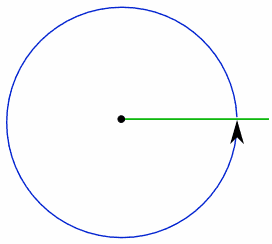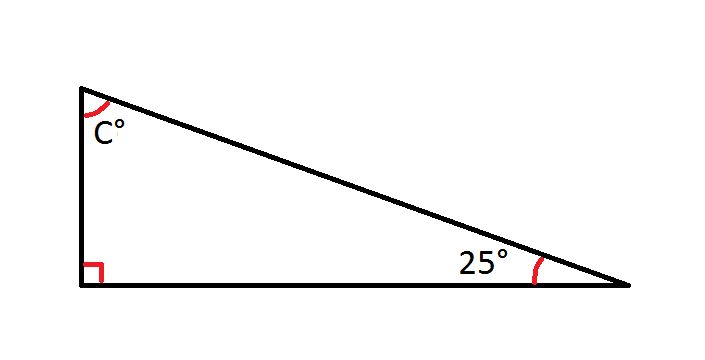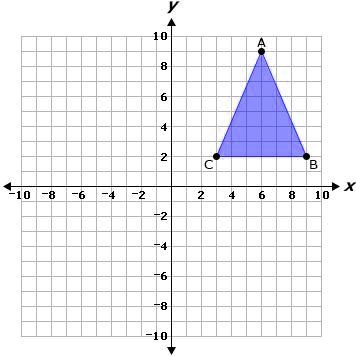How many degrees in a straight line?
180o
What type of triangle is this?

An Equilateral Triangle
What is the other word used to describe reflection?
Mirror or Flip
What is the inverse operation of add?
Subtract
How many degrees in a right angle?
90o
What type of angle is this?
An Acute Angle
What type of triangle is this?

An Isosceles Triangle
When plotting coordinates on a cartesian plane, what goes first, y or x?
x goes first, then y
(x, y)
In algebra, how do I write two numbers that I want to divide?
As a fraction
Which one is a Scalene triangle?
The triangle with no equal sides
What is the name of this angle?

A Revolution
What do the interior angles of a quadrilateral add up to?
3600
Plot the points on your grid:
(-2, 5) (5, -2) (3, 4) (4, 1) (0, 6)

(Teacher to check)
Solve this algebraically:
5 + x = 12
5 - 5 + x = 12 - 5
x = 7
If x = 4, determine if this equation is true or false.
3x - 2 = 2x + 2
10 = 10
It is true.
What is the value of b? What rule is required to solve it?
52o
The alternate rule, or the 'Z' Rule.
Solve for X (you must have full working out and units to get your points):
Missing Angle = 180 - 68 - 90
= 22o
x = 180 - 22
x = 158o
How has this shape been transformed?

It has been rotated.
Solve algebraically:
7x - 6 = 43
[Teacher to check working]
x = 7
x = 50o
Z or N Rule and interior angles of a triangle
What is the value of x? And what rule do you need to use to find it?

50o
The corresponding angle rule or the 'F' Rule
Solve for C (you must have full working out and units to get your points):

c = 180 - 90 - 25
= 65o
Reflect this triangle over the line x = 1
Your team has 25 seconds to complete this on the whiteboard.

(Teacher to check)
Solve algebraically.

x = -3
[Teacher to check working]
A chocolate bar costs c dollars and a drink costs d dollars. Write an equation for the cost of 2 chocolate bars and one drink that equals $14 in total.
2c + d = 14
